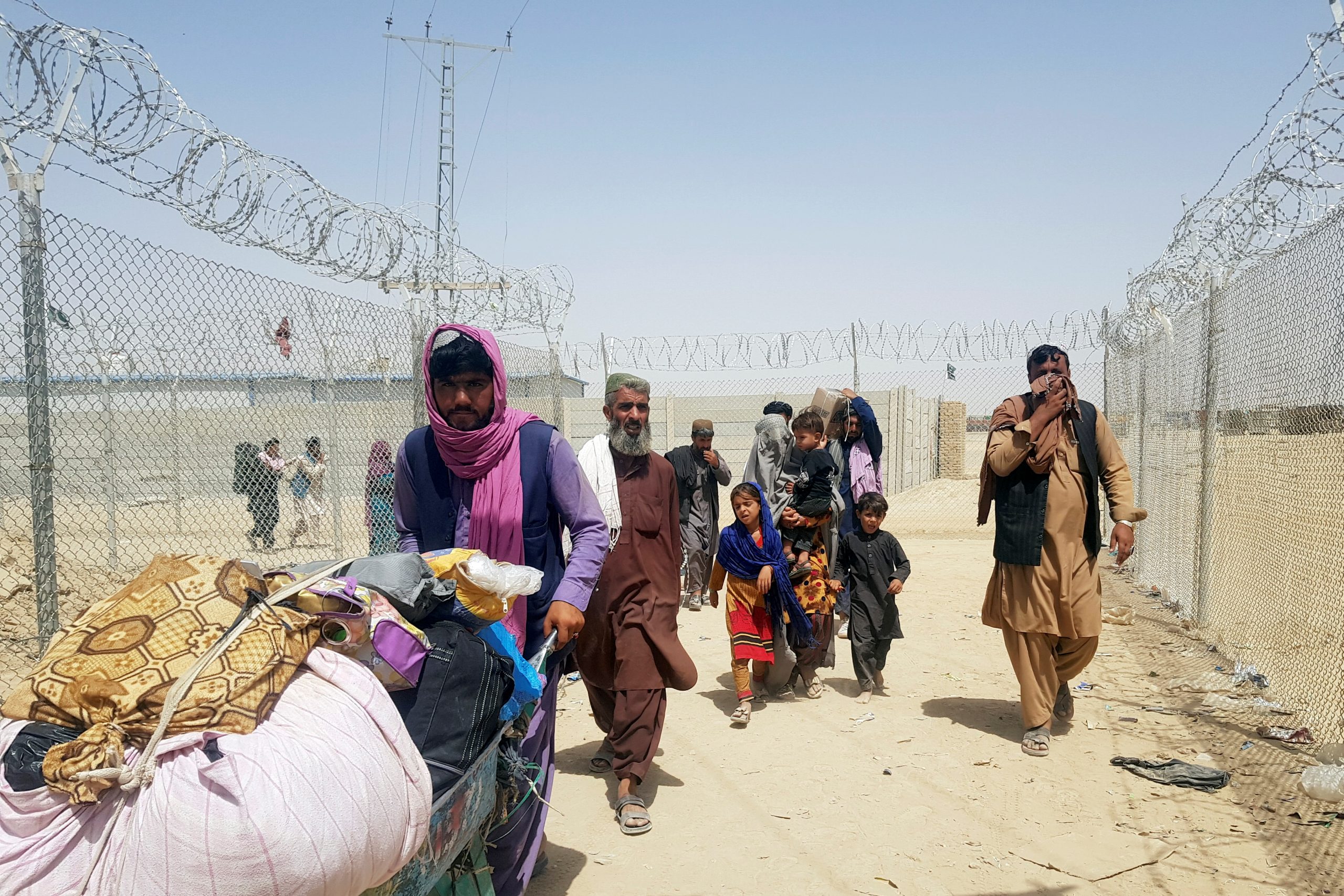
Willie R. Tubbs, FISM News
[elfsight_social_share_buttons id=”1″]
U.N. Secretary General António Guterres reached out to the people and governments of the world Monday, asking for help in overcoming what he said would be a massive food shortage in Afghanistan.
Guterres said already tough living conditions, widespread unemployment and poverty, decades of instability and occupation, and the return of the Taliban have all conspired to place the Afghan people, particularly children, in a desperate situation. At a ministerial meeting on Monday, Guterres implored U.N. member nations to provide the Afghan people with a “lifeline” of $606 million.
“The international community must find ways to make cash available to allow the Afghan economy to breathe – a total collapse would have devastating consequences to the people and risk to destabilize the neighboring countries with a massive outflow,” Guterres said at the meeting. “Stopgap solutions are critical – but the Afghan people will need our support over the long haul.”
Guterres also took to social media to garner support. “The people of Afghanistan are facing a humanitarian calamity,” Guterres said in a tweet. “This is the time for the international community to extend a lifeline and do everything we can – and everything we owe – to help them hold on to hope.”
The World Food Programme, the food-assistance wing of the United Nations, has been delivering food to Afghanistan throughout 2021, but its leads fear that an expected harsh winter will add even more danger to the Afghan people.
“Humanitarian catastrophe awaits the people of Afghanistan this winter unless the global community makes their lives a priority,” Anthea Webb, WFP’s regional deputy director for Asia and the Pacific, said in late August.
Last month, Ramiz Alakbarov, the U.N.’s humanitarian chief in Afghanistan, warned the nation would run out of food by the end of September.
According to a report in the New York Times, donors have responded with about $1 billion in aid for Afghanistan, which is well in excess of the $606 million Guterres requested at the ministerial meeting on Monday. Linda Thomas-Greenfield, the U.S. ambassador to the United Nations, announced $64 million in new aid for Afghanistan. China and Pakistan are among the closest neighbors to Afghanistan who have pledged to help.
Guterres said he was encouraged by the support of the various nations in a tweet:
I am encouraged by the resounding support for @UN humanitarian operations in Afghanistan.
This funding will allow us to step up our help to the Afghan people in the their time of dire need. pic.twitter.com/UYk6OLO2df
— António Guterres (@antonioguterres) September 13, 2021
Sadly, food shortages in Afghanistan are not new. A quick search for “Afghanistan food shortage” on ProQuest’s New York Times archive reveals appeals for food in the region beginning in 1980, when Russia had invaded the nation.
More recently, CARE International, a humanitarian agency based in Switzerland, stated that at least 42% of the population of Afghanistan lived in hunger as of November 2020.
